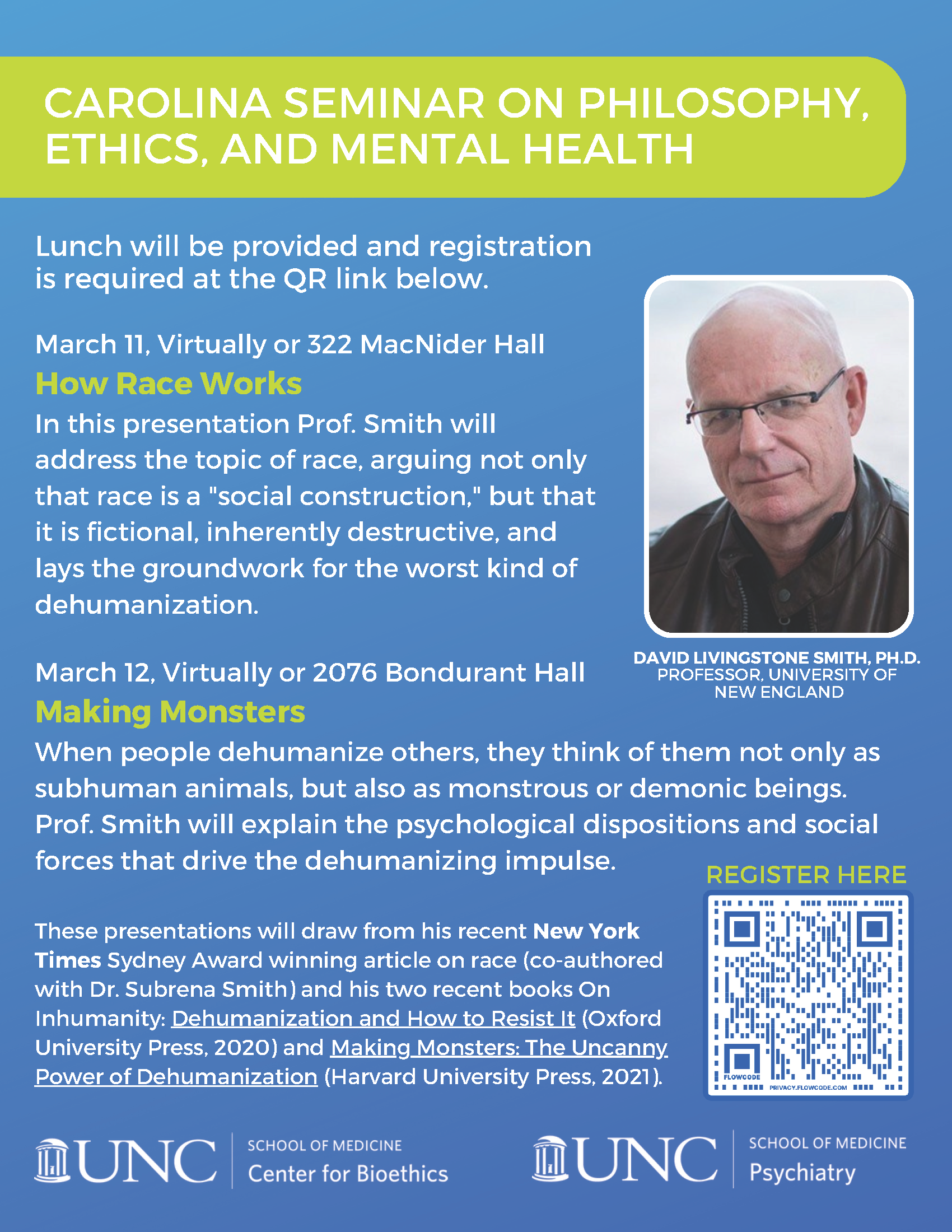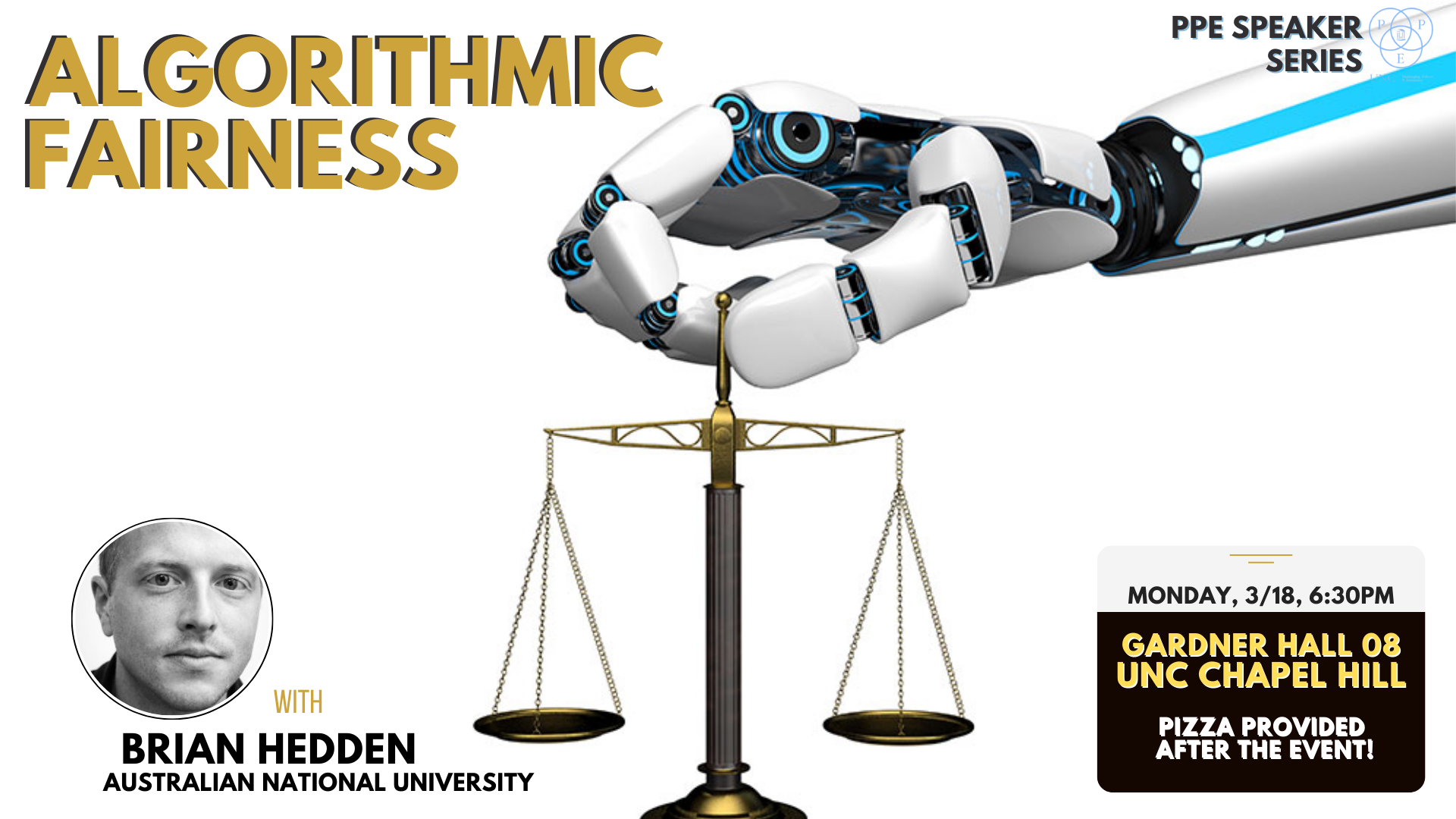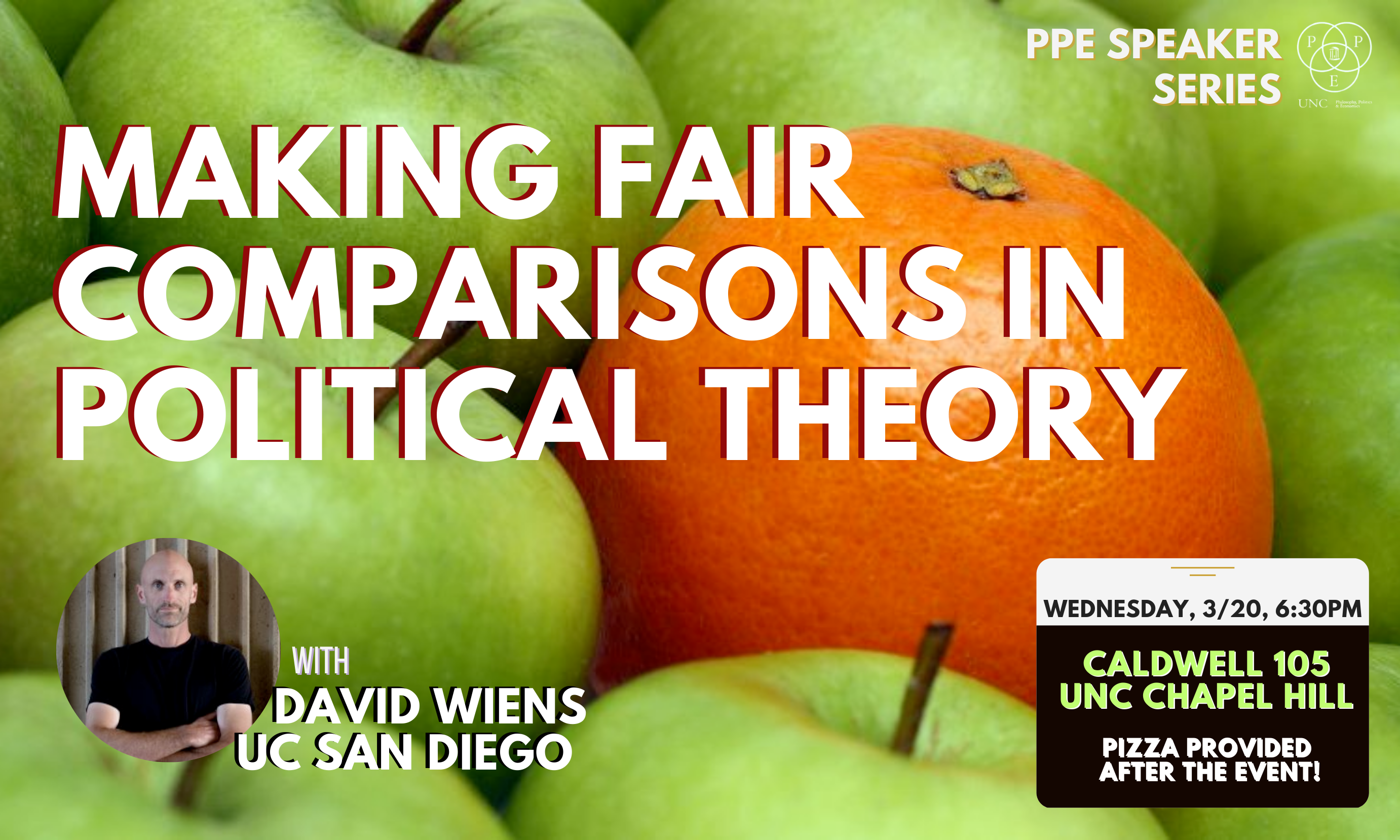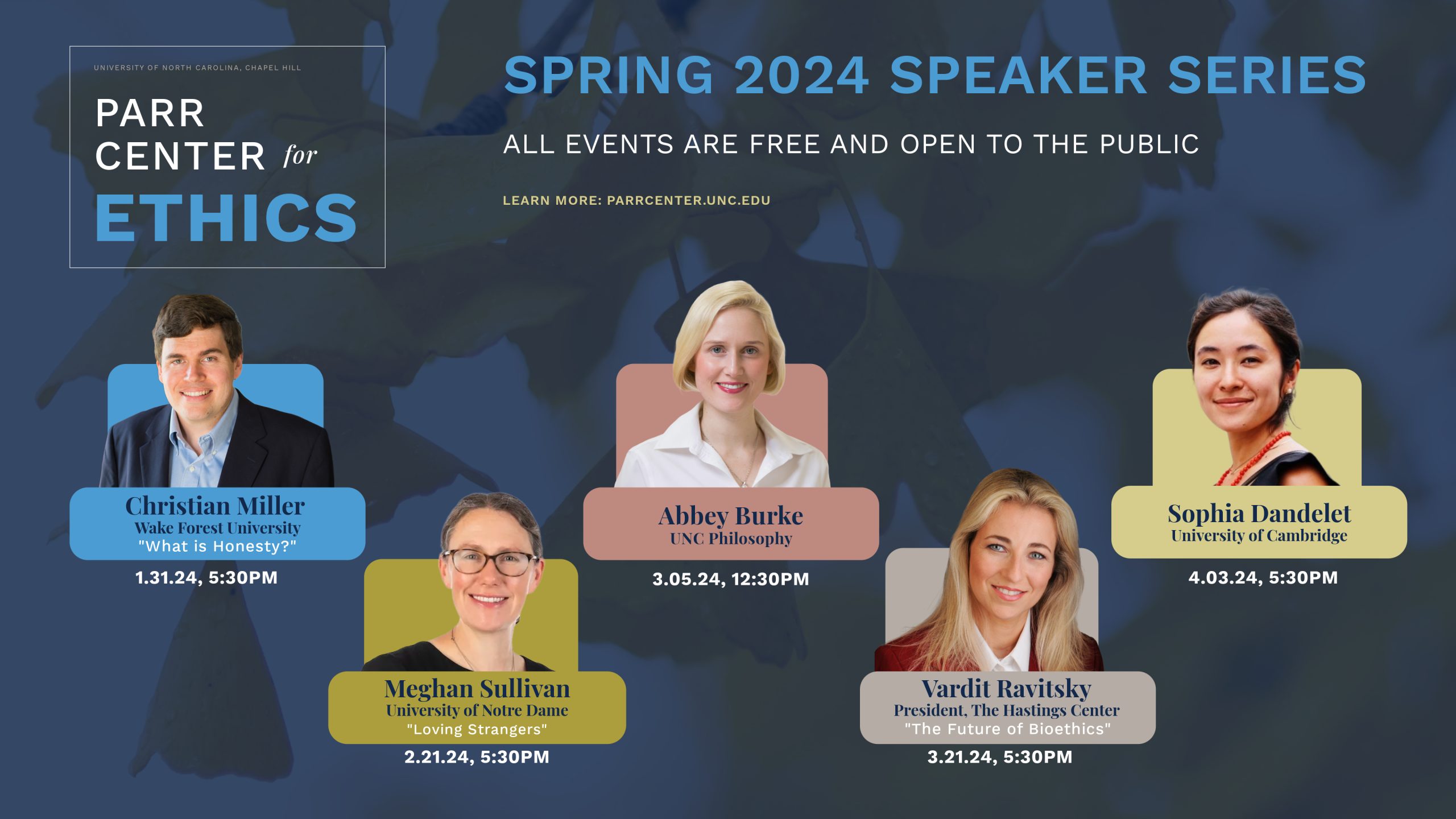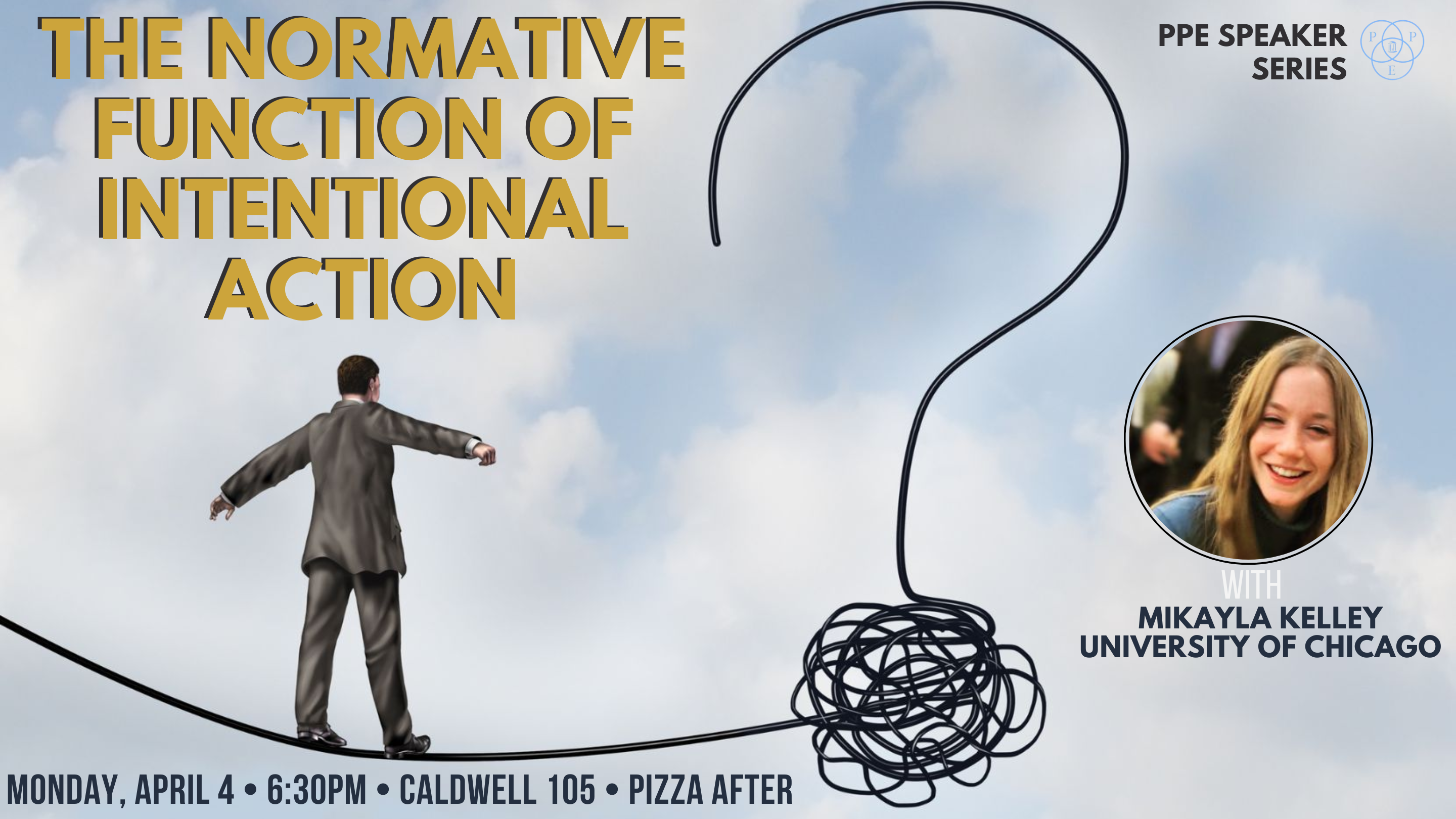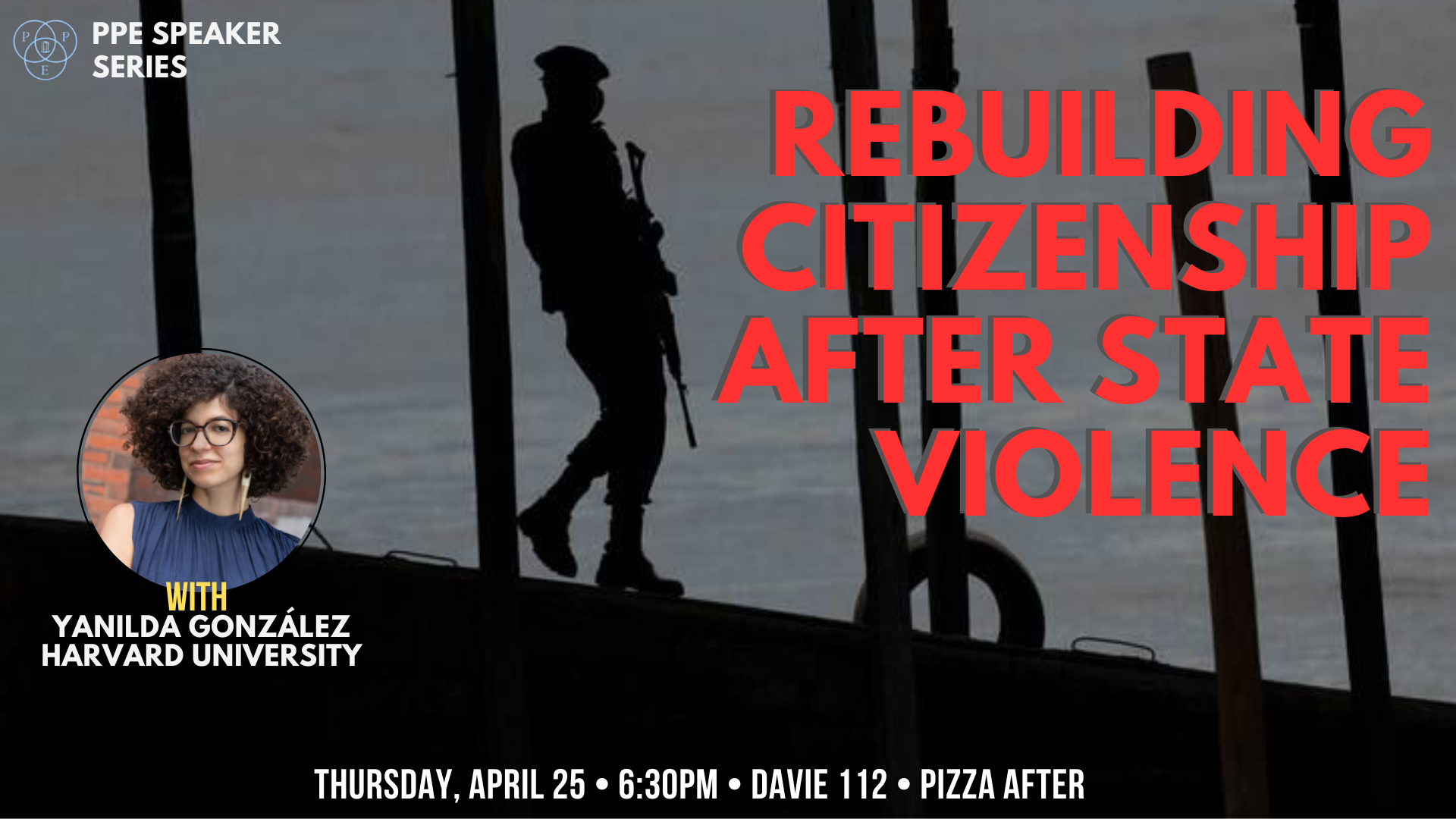The Carolina Seminar on Philosophy, Ethics, and Mental Health: David Livingstone Smith
The Carolina Seminar on Philosophy, Ethics, and Mental Health is pleased to collaborate with the UNC Center for Bioethics to offer 2 sessions with David Livingstone Smith, philosopher and faculty member from the University of New England. You can learn … Read more

